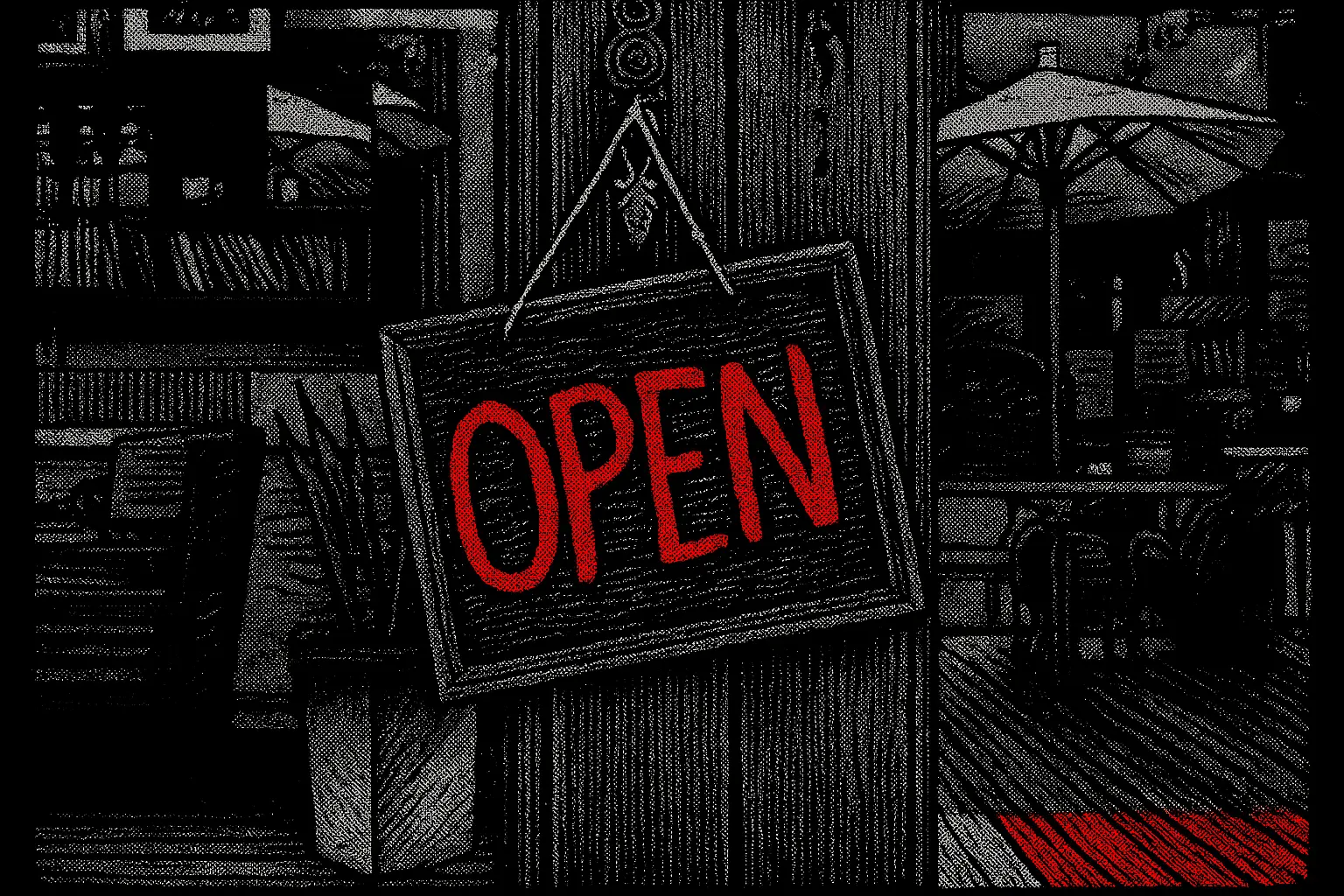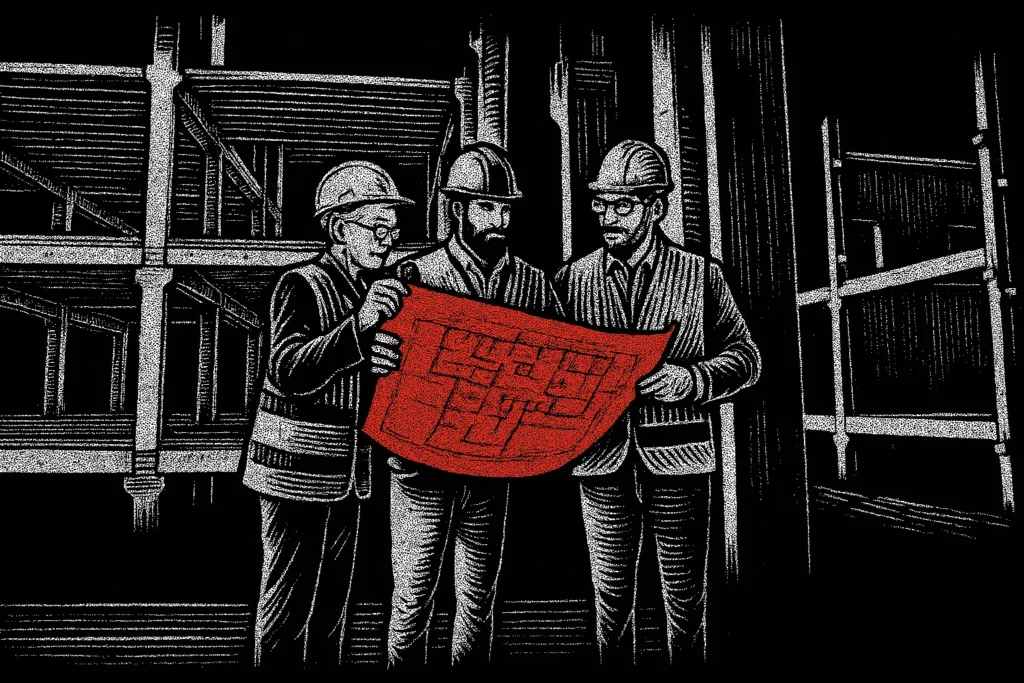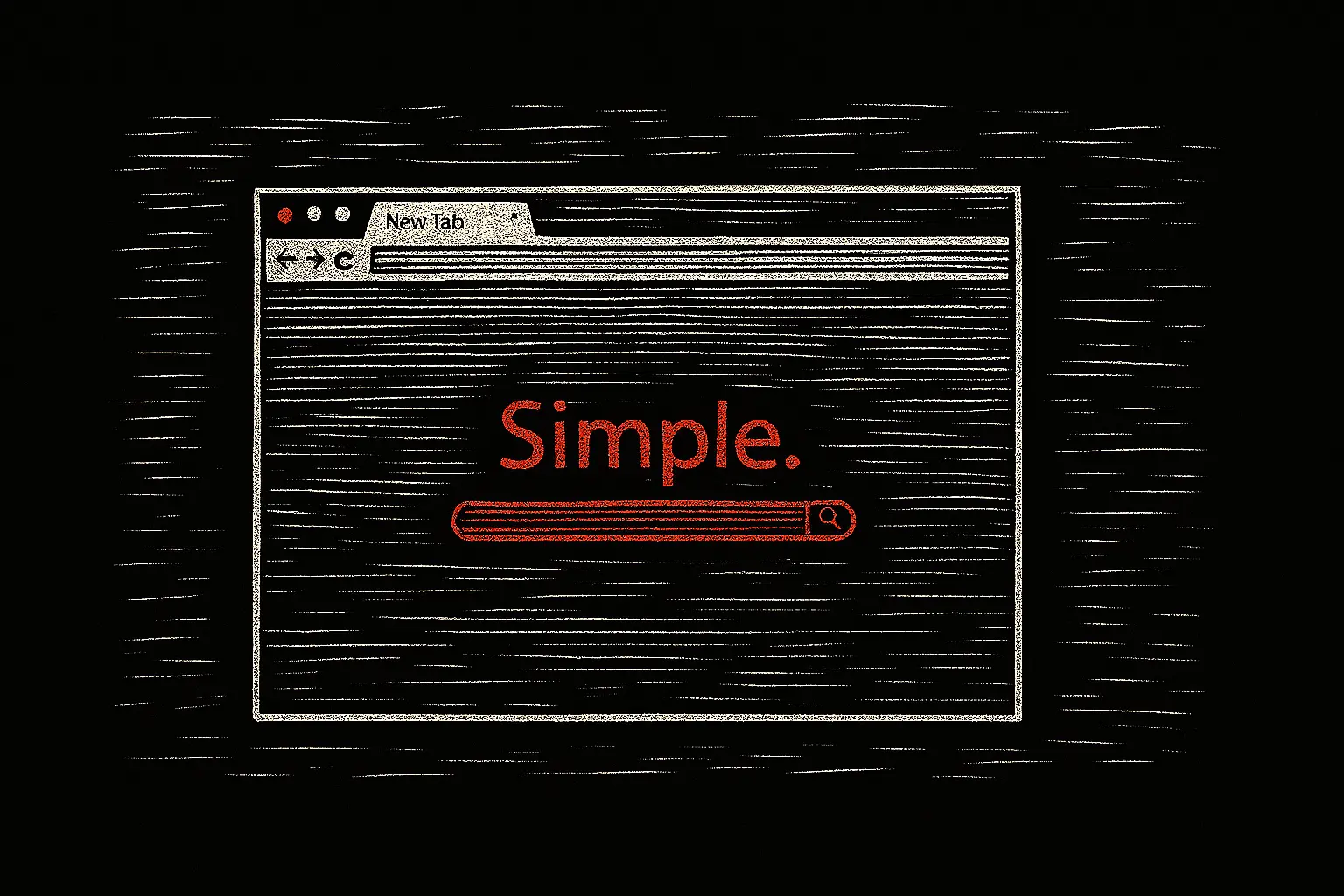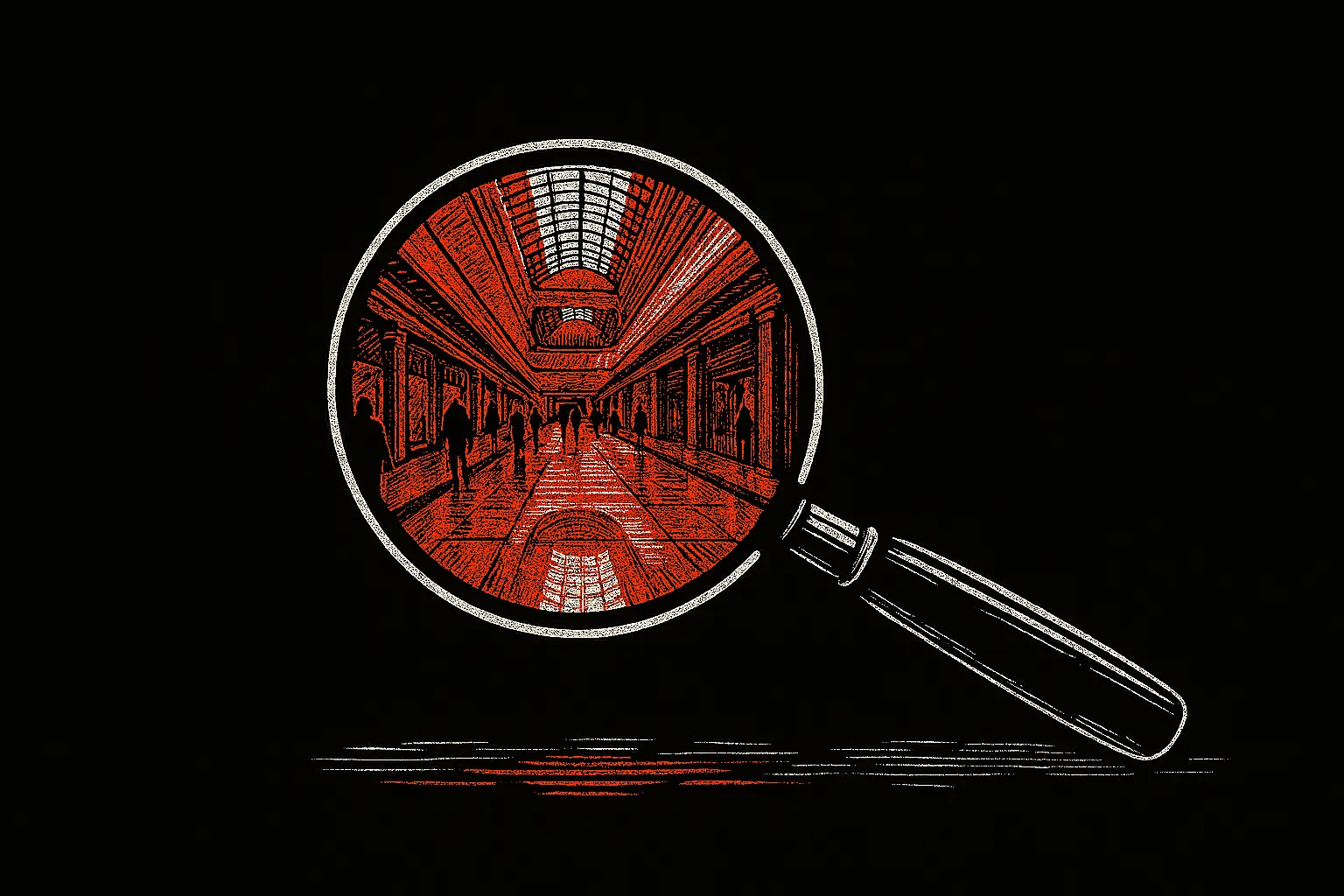Do small businesses still need a website, or is social media enough to survive online?
The digital world is noisier than ever.
Customers bounce between search results, social feeds, and ads before making a decision.
For many owners, it’s not immediately clear whether investing in a website is essential or merely a “nice to have.”
This article looks at where a website truly fits into the small business toolkit in 2025, why opinions are divided, and what factors matter most before you decide.
Do I really need a website for my small business?
Plenty of companies rely on Facebook, Instagram, or a Google Business profile to stay visible and attract customers.
For some, it works. For others, it doesn’t.
But here’s the catch: social media can help you reach people, yet it rarely gives you full control over your presence. Platforms change, algorithms shift, and your account is never truly yours.

A website, on the other hand, is a space you own completely. It’s where customers can always find reliable information about what you offer, without distractions or disappearing posts.
The answer is: Yes, you do need a website, regardless of the scale of your business operation.
Let’s talk about your website.
✓ Free consultation
✓ No commitment
The real question isn’t whether you need one, but what kind of website makes sense for your business goals and budget.
Why do I need a website?
If you’re wondering how important a website is for a business today, the answer is: more than ever, even with the rise of social media and third-party platforms.

It’s your foundation for visibility, trust, and long-term growth.
Here’s what a website does for you:
- Proves you’re real. Customers expect businesses to have a website. If they can’t find you, doubt creeps in, even if you’re great at what you do.
- Keeps your story straight. On social media, posts disappear in the feed. A website lets you set the record, once and for all, with clear information about what you offer.
- Never clocks out. Even when you’re closed, a website keeps answering questions, sharing prices, and showing how to reach you.
- Pulls everything together. Ads, emails, word-of-mouth—they all work better when there’s one solid place to land.
- Lets you be found. Many customers still type their needs into Google first. No website means you’re invisible to a big part of your market.
- More than just an online brochure. Think about the website as a powerful marketing tool that supports every ad, social post, and email campaign you run.
A website isn’t about looking fancy or keeping up.
It’s about having a reliable digital front door that you control and that supports every other part of your marketing efforts. Without this reliability, even the best website marketing strategy won’t bring lasting results.
Why don’t I need a website?
You don’t need a website if you’re too early in your business journey or you don’t want to scale your operations.
While a website is a huge advantage for most businesses in 2025, there are a few situations where you can safely wait before investing time and money into one.

Your customers already know and reach you directly
If your work comes entirely from referrals or a fixed client list, a website might not add much right now. You’re not trying to be found. You’re simply serving the people you already know.
You run a hyper-local, walk-in business
Some businesses thrive purely on location and visibility. A small neighborhood bakery or a kiosk where people pass by daily. If foot traffic keeps you busy and you don’t rely on online search, a website is less urgent.
You’re testing the waters
For side projects or businesses still in the “let’s see if this works” phase, social media or a free Google Business profile can give you just enough presence. A proper website can come later, once you’re sure you’re building something long-term.
What kind of website does a small business need?
The mistake many small businesses make isn’t skipping a website.
It’s building the wrong kind of website.

Too often, a local bakery or small service provider ends up with a 10-page site full of jargon, stock photos, and half-finished blog sections.
Six months later, it’s outdated, no one’s visiting it, and it feels like wasted money.
But here’s the truth: you don’t need a big, complicated website to make it valuable. You need one that matches the scale of your business and the way your customers actually find and contact you.
For some, that’s a single-page site with your services, contact info, and a way to book or buy. For others, it’s a slightly bigger setup with a portfolio, testimonials, and online payments.
What matters is clarity, reliability, and the ability to grow if you need to. Not size for its own sake.
Later in this article, we’ll break down a quick checklist for what a right-sized website should include. But first, let’s talk about how to keep it alive without turning it into a full-time job.
How to maintain a website to make it last?
Here’s what usually happens: a small business launches a website, ticks it off the to-do list, and never looks back.
A year later, the phone number has changed, the menu’s outdated, and customers are left guessing if you’re even open.

We get it.
You’ve got a business to run.
The last thing you need is another “platform” that demands constant attention. But a website isn’t meant to be set-and-forget. It’s a living thing.
The good news? Keeping it fresh doesn’t have to take hours of your life:
- Once a month, give it a quick check. Are your hours right? Any broken links? Anything new worth adding? Ten minutes can save you a lot of confusion later.
- Use tools you can manage yourself. If every little change needs a developer, you’ll stop making updates. Choose a setup that’s as simple as editing a social media profile.
- Think of it as a handshake, not a billboard. People visit your site to see if you’re real, active, and trustworthy. A small update now and then is like saying, “Yes, we’re here and ready to help.”
A neglected website is worse than no website at all. Think of the last time you checked a restaurant online, saw one set of hours, but when you arrived, it was closed.
That kind of mismatch kills trust fast, and customers rarely give second chances.
A little care keeps yours welcoming and working for you, no matter how small (or big) your business is.
What makes a good small business website?
Here’s the thing: not every website pulls its weight.
Some look nice but don’t bring in a single new customer. Others try to copy big-company sites, ending up bloated, slow, and hard to keep up-to-date.

A good small business website does three simple things well:
- It answers real questions. People visit because they want to know what you offer, how much it costs, where you are, and how to reach you. If they can’t find that in a few seconds, they’ll move on.
- It builds trust fast. A few good photos, clear contact info, and even a handful of reviews can do more than a fancy design ever will.
- It makes the next step easy. Whether it’s booking a call, buying a product, or just getting directions, your site should help people act without friction.
Forget the bells and whistles. A website that’s clear and always accurate works harder than a “big” one that’s outdated or confusing.
What must a small business website have?
The best small business websites are simple.

Not boring simple, but easy to use, easy to understand, and easy to keep alive.
A fancy site that sits untouched for months, or worse, has outdated info, makes you look less trustworthy, not more professional.
Here’s what matters:
Say what you do, fast
Nobody has time to guess what your business is about. If someone lands on your homepage, they should understand what you offer in a few seconds. A plain sentence works better than clever slogans if it saves people from wondering, “Wait… what do they actually do?”
Make it easy to reach you
It’s shocking how many sites hide their phone number or email. Your contact info shouldn’t be buried on a single page. Make it obvious everywhere. The easier you are to reach, the more likely someone is to get in touch.
Focus on your key offer

Small business websites don’t need ten services pages or endless dropdown menus. Highlight your main offer, add a price or a clear way to get a quote, and keep it simple. Overloading visitors with options usually makes them leave, not buy.
Show you’re real
People trust people. A couple of genuine reviews, before/after photos, or client logos do far more than polished marketing talk. Social proof builds confidence that you’re worth contacting.
Give a clear next step
Every page should quietly push visitors toward one action: calling, booking, or sending a message. If they’re unsure what to do next, you’ve lost them. One clear button is better than three confusing links.
Keep it alive
A smaller, well-maintained site is always better than a giant one that gathers dust. Update your hours, your offers, your photos. Nothing kills trust like a website that feels abandoned.
A website isn’t about chasing trends or ticking boxes. It’s about giving your business a place that works for you 24/7, no matter how small you are or where your customers find you.
It doesn’t have to be big.
It doesn’t have to be fancy.
It just has to be clear, alive, and truly yours.
If you’re ready to stop relying on rented space like social media and want a simple, right-sized website that actually helps your business, that’s where the real difference begins and where the answer to the question of why small businesses still need a website in 2025 is hidden.
Let’s talk about your website.
✓ Free consultation
✓ No commitment

